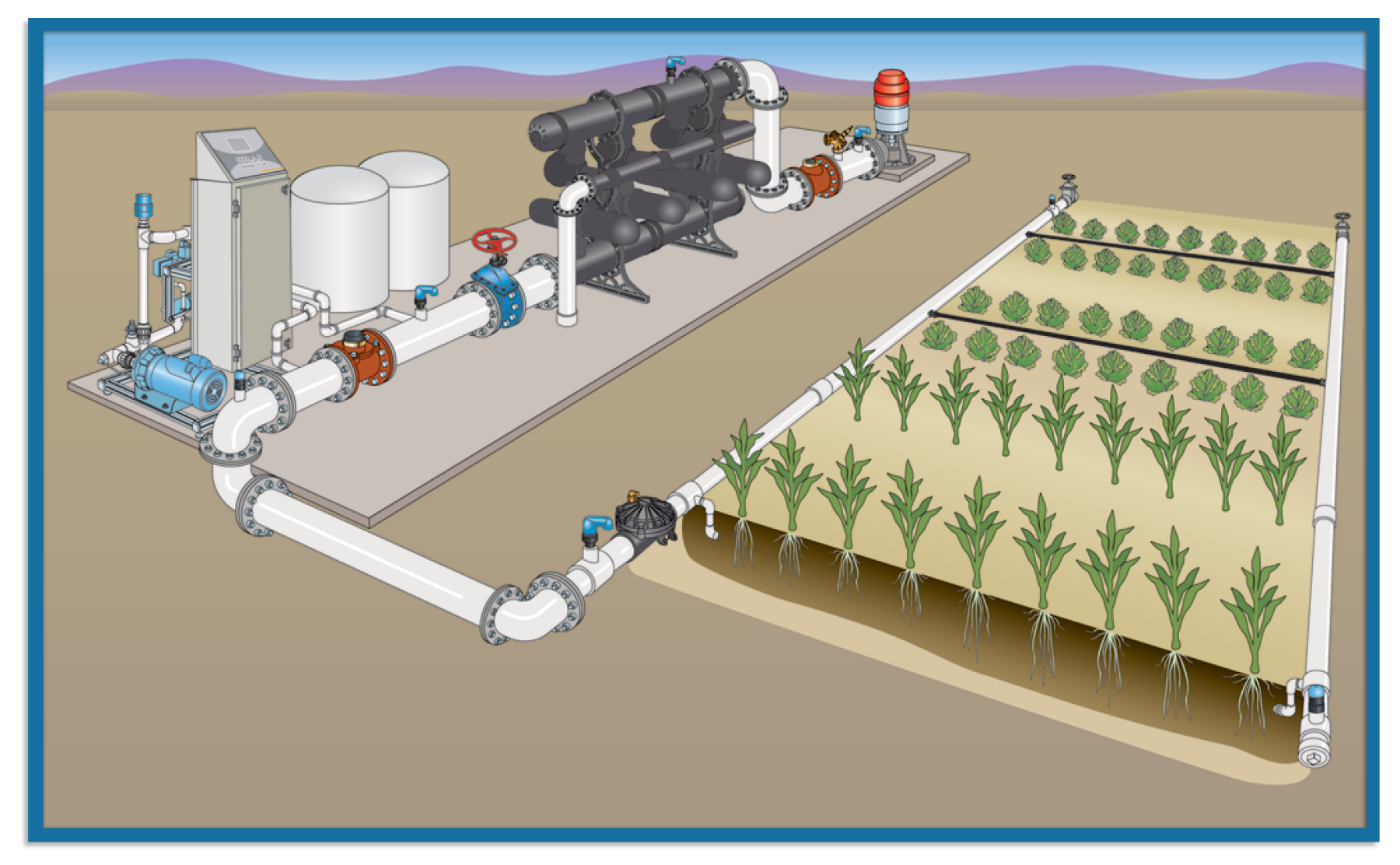The Subsurface Irrigation Efficiency Project is a permanent research facility on a 165 acre parcel of land donated by the 70 Ranch in Weld County. The facility conducts experiments on subsurface irrigation that can be used by farmers in the South Platte River Basin to conserve irrigation water and improve their ability to withstand droughts, while improving productivity, crop quality and overall profitability.
SIEP will also study and offer innovative solutions to urban homeowners and farmers who want to continue to enjoy green landscaping by using subsurface irrigation technologies to reduce their water bills and preserve natural resources.
The premise of SIEP is that Colorado water policy does not have to be an either/or proposition, where water is available for either agricultural use or municipal use, but not both. SIEP seeks to develop a basin-wide solution that provides a sufficient amount of water to maintain a thriving agricultural sector while satisfying the needs of growing municipalities.
